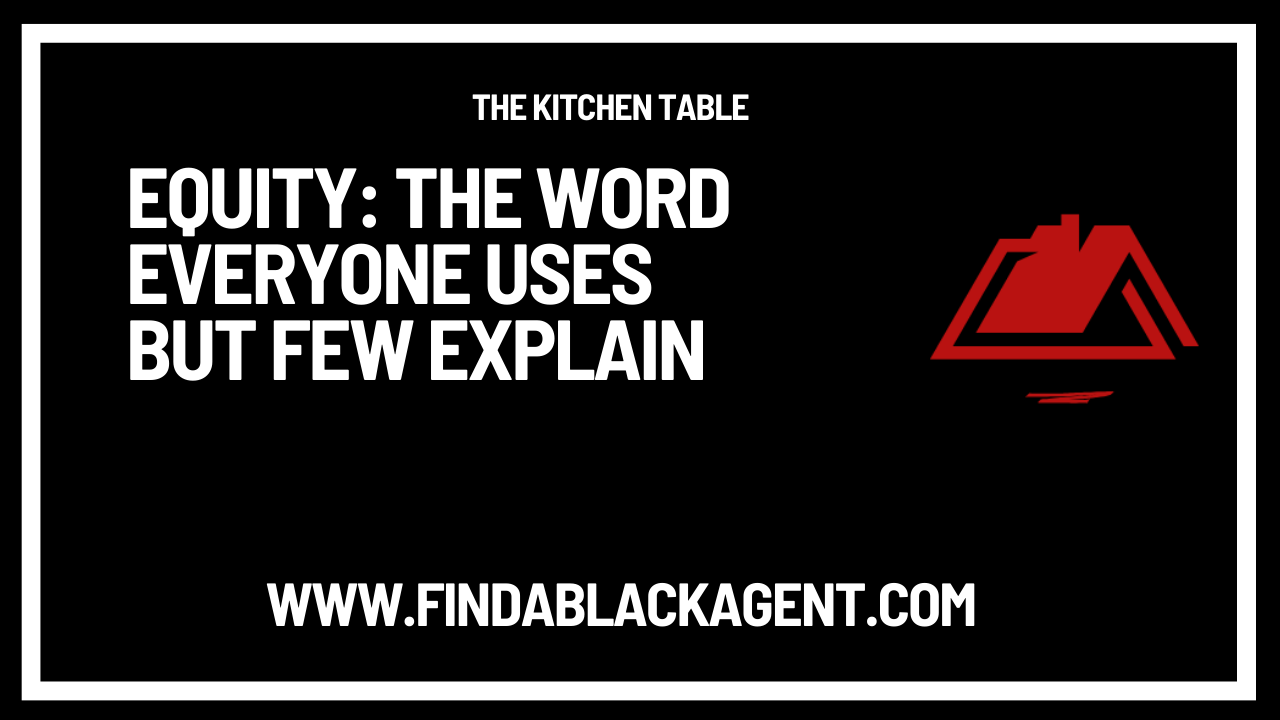

What is a DSCR Investment Loan ? (Est. 2 Min Read)
A great way to finance future investments

A DSCR is great for investors
A DSCR Loan is popular investment loan product.
When you're building wealth—especially through real estate or business ownership—understanding your numbers isn't just smart, it's essential. One key number that often gets overlooked is the DSCR, or Debt Service Coverage Ratio. But if you're serious about turning income into long-term security, this is a concept you want in your toolkit.
So, What Exactly Is DSCR?
DSCR stands for Debt Service Coverage Ratio, and it tells you whether an investment—like a rental property or business—brings in enough money to pay its debt and still leave something left over.
Here’s the basic formula:
DSCR = Net Operating Income ÷ Debt Payments
Let’s say a rental property earns $5,000 a month after expenses, and the mortgage is $4,000. The DSCR is 1.25. That means the property earns 25% more than it needs to pay the loan each month. That’s the kind of cushion that keeps your cash flow steady—even when life doesn’t go as planned.
Why DSCR Matters for Us
It protects your peace of mind.
A strong DSCR means your investment isn’t living paycheck to paycheck. It has breathing room—and so do you.
It opens financial doors.
Banks and lenders look at DSCR when deciding whether to approve your loan. If the number looks good, you’re more likely to get approved, and on better terms.
It builds a real foundation.
A lot of people talk about passive income, but real passive income starts with solid numbers. DSCR gives you a quick, honest view of whether your investment will carry its own weight.
It helps you move smart—not just fast.
Growth is good, but stability is better. Investments with strong DSCRs are more likely to ride out rough seasons and keep putting money in your pocket.
Final Thoughts
Wealth building isn’t about luck—it’s about strategy. And tools like DSCR help you make decisions that protect your money, your credit, and your future.
If you're buying your first rental property or helping a loved one start a small business, understanding DSCR can help you step in with confidence. It’s not about being perfect with the numbers—it’s about knowing which ones really matter.


